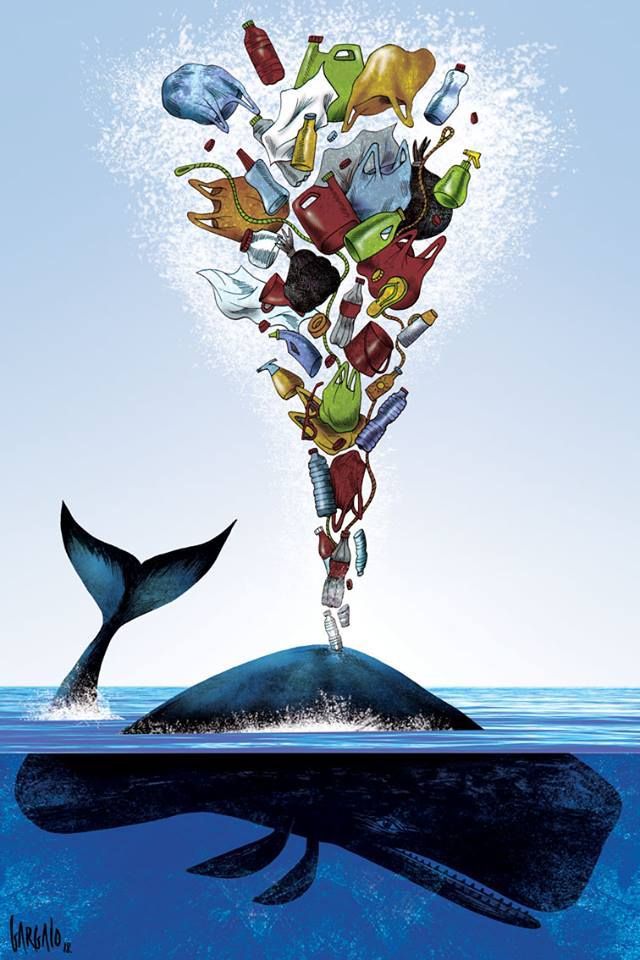
It has been months since the World has stood still. Socio-Economic activities halted, lives disrupted. This worldwide lock down has come as a reality check. Covid-19 has served as a reminder of inter dependency of humans on environment. Perhaps, the pandemic is preparing us to be more rational and grow a collective conscience for our actions, especially which has the potential to influence environment. The changes our nature sustained during the lock down is a tell-tale that it’s up to us what we choose from it.
Even though the general perception and the social media ruckus output shows that world is ‘healing’ yet rational minds at various research collaborations differ from it. As urban areas offered little to people in this lock-down, people flocked in rural areas in tropics causing increase pressure on natural resources, land-use, deforestation, illegal mining and wildlife problems. Pollution levels in China is back to pre-lock-down days. These distinctions are all the more on the rise as security for such areas has taken a beat. Yet there are people with optimism, trying to come up with solutions based on the positive figures on environment during the lock-down. For the first time in two decades Ganga Water has become portable, in just three months of inactivity. This fact opens a box of Pandora for environment lovers as the theme of causality has never been better understood.
It’s imperative to understand that silver line of Covid-19 lock-down was not that sea turtles spotted racing, fish biomass increased or air or water quality was effected, but the opportunities we can make for the environment. Deep down each of want the short glimpses we saw to be actually sustainable. It’s a good to time reassess how much space and resources we really need. Another breathe of silver lining is that the world has learned a new form of unity and speed, something unprecedented at this scale.
With the advancements in science, we now know that environment works in simplest of ways. Various data on resource requirement changes can be summarized to create new actionable policies. Eventually, we need to understand that people and nature must be at the centre of the reset, for redistribution, regeneration and restoration.
“Because, underneath all of this is the real truth we have been avoiding: climate change isn’t an “issue” to add to the list of things to worry about, next to health care and taxes. It is a civilizational wake-up call. A powerful message—spoken in the language of fires, floods, droughts, and extinctions—telling us that we need an entirely new economic model and a new way of sharing this planet. Telling us that we need to evolve.” – Naomi Klein